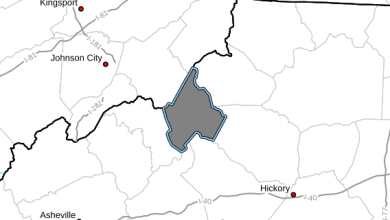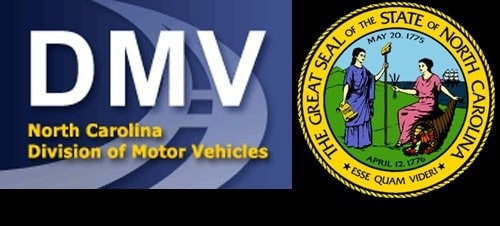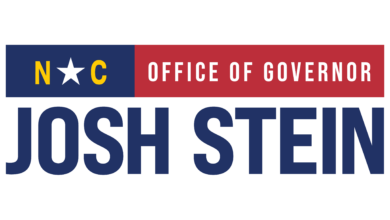Last Updated on June 27, 2016 5:47 pm
Raleigh – Beginning Friday, July 1, five new motor vehicle provisions will become North Carolina law. The new provisions, passed by the N.C. General Assembly, affect either vehicles or drivers in the state. They include:
- House Bill 148 requires registered mopeds to carry liability insurance. About 28,000 registered North Carolina moped owners are required to begin carrying liability insurance beginning July 1. Moped owners must provide the North Carolina Division of Motor Vehicles proof of liability insurance coverage from their insurance carrier. Once the insurance information is received, the Division will issue an updated registration card reflecting coverage. Owners can provide the information to their local license plate agency or their insurance company can submit it to DMV. Failure to provide proof of insurance to NCDMV will result in their license plate being revoked. The owners have received two letters from NCDMV since April alerting them about the new requirement.
- House Bill 97 directs North Carolina vehicle owners to pay a late fee if their vehicle registration renewal is not paid by the expiration date. This new fee was passed by the General Assembly last September and requires one of three graduated late fees to be assessed on late renewals starting July 1. The late fees will be added beginning the first day of the month following the expiration date and total $15 if the registration has been expired for less than one month, and $20 if the registration has been expired for one month or greater, but less than two months. If the registration has been expired for two months or more, the late fee will be $25. The new fees apply to private passenger vehicles and to apportioned truck fleets registered under the International Registration Plan. Even though citizens can operate their vehicle up to 15 days after their registration has expired without being ticketed, they will be fined the late fee beginning the first day of the month after the registration expires.
- Senate Bill 446 provides franchise vehicle dealers with a third option for providing a tag for loaner vehicles used while an owner’s vehicle is being serviced by the dealer. The new loaner plates are available to franchise dealers beginning July 1 at a cost of $200 each. There is no limit to the number of loaner plates available to the franchise dealer, and they are issued only through the Dealer Unit at NCDMV’s Raleigh Headquarters. Other options available for use by dealers during vehicle servicing are the 96-hour permit and the U-Drive-It plate. The new loaner plates are optional until December 31, 2018, when they become mandatory for all franchise dealers.
- House Bill 434 states that medical recertification for renewals of windshield disability placards is not required if the person is certified by a physician as totally and permanently disabled. Beginning July 1, a person who has been certified by a physician as being totally and permanently disabled will not be required to be recertified every five years. The disability placard will still need to be renewed every five years without a physician’s recertification. Since May 23, 2016, new disability parking placards carry two expiration stickers affixed to the placards when they are issued. Temporary placards that are issued for a six-month period, and permanent placards that are issued for five years, are available from license plate agencies across the state.
- Senate Bill 119 requires all individuals and lienholders who are normally engaged in financing motor vehicles, and who conduct at least five transactions annually, to use the electronic lien system to record information about the security interest in a vehicle. Beginning July 1, lienholders and individuals financing motor vehicles are required to use the electronic system. If a lienholder records three liens manually after this date, they will receive a notification letter from NCDMV advising that when five liens have been recorded, title services will be denied until they comply with the electronic requirements. A hold letter will be mailed to lienholders when five recorded liens are on file, specifying the vehicles affected, and advising that no future title services will be processed until they become an electronic lienholder.
- House Bill 256 clarifies that a disability determination issued by the U.S. Department of Veterans Affairs may be used for medical certification and recertification requirements for handicapped parking placards.


















